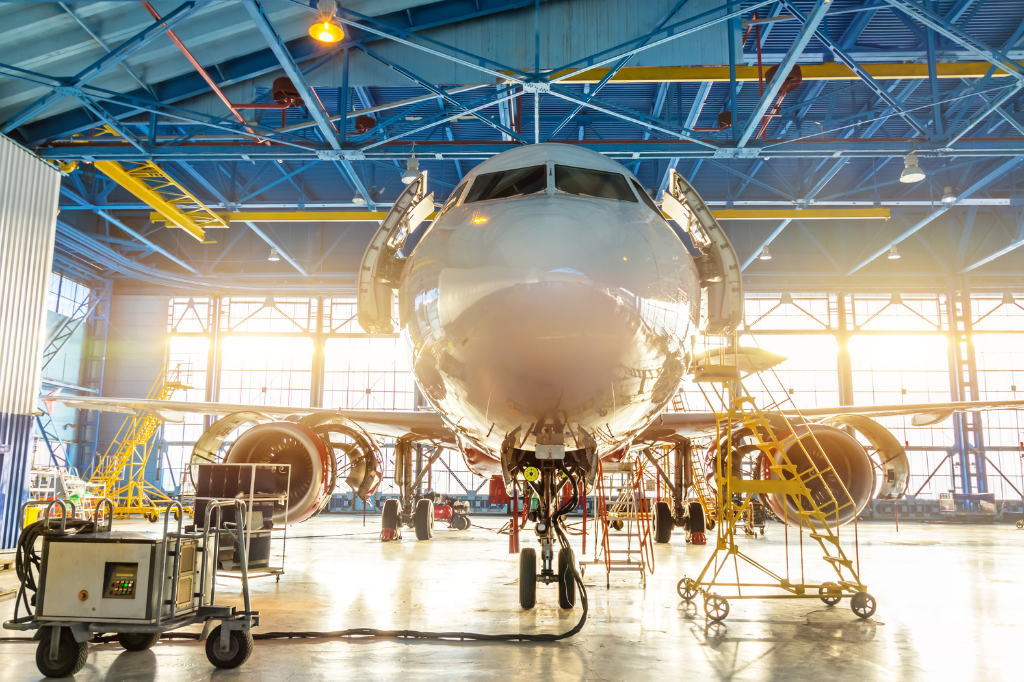India’s aviation industry is currently the talk of the town as Air India has placed an unprecedented order for 470 planes from Airbus and Boeing. This move has grabbed the attention of the world and has positioned India as the most promising aviation market. Analysts predict that Indian carriers are likely to place more orders soon, with IndiGo expected to place another large order, which could increase from the previous plan of 300 planes to 500.
According to CAPA India’s research, Indian airlines are on track to make more orders, primarily due to the country’s domestic market which has nearly returned to its pre-pandemic levels. This has resulted in the transition of India’s traffic from recovery to growth, leading to a 7% increase in airline supply in H1 2023 compared to 2019. This growth in domestic traffic will result in 90% of new plane deliveries to India being single-aisle aircraft, such as the 737 MAX, over the next 20 years, as predicted by Boeing.
The Indian aviation market is expected to emerge as a global leader in the 21st century, but it is currently under-penetrated and requires more aircraft to meet its growth potential. Air India’s recent purchase of a large number of aircraft will help them recover lost growth from the past decade. Presently, Indian airlines have approximately 800 planes on order, with IndiGo accounting for 500 of them. This number is expected to increase to almost 1,300 once Air India’s order is fulfilled. It is anticipated that nearly every carrier in India will place orders for more aircraft in the coming years, primarily for fleet replacement and expansion. Before the pandemic, IndiGo planned to order around 300 planes, but due to the pandemic, this had to be postponed. The actual number of planes ordered may now increase up to 500. The pandemic has caused a number of hurdles, such as supply chain problems, that have resulted in delays in delivery of ordered aircraft. However, these issues are expected to ease by the end of FY2024.
Also Read: Is the Indian Sector Ready to be the Next Destination For Aviation Companies?
According to Mark Martin, founder and CEO of Martin Consulting, the Air India deal, while significant in terms of total fleet size, is not an “earth-shattering” one, given the current state of the industry. The Indian aircraft fleet had shrunk by approximately 250 planes in the last decade due to the collapse of Kingfisher Airlines and Jet Airways. Martin said that the current fleet size of Air India is approximately 200 aircraft, and the deal will essentially replenish what the industry had lost. CAPA India predicts that based on its proprietary traffic forecasts for the next decade, combined with an assessment of aircraft retirement cycles, Indian carriers will order around 1,500-1,700 planes over the next 24-plus months, starting imminently.














